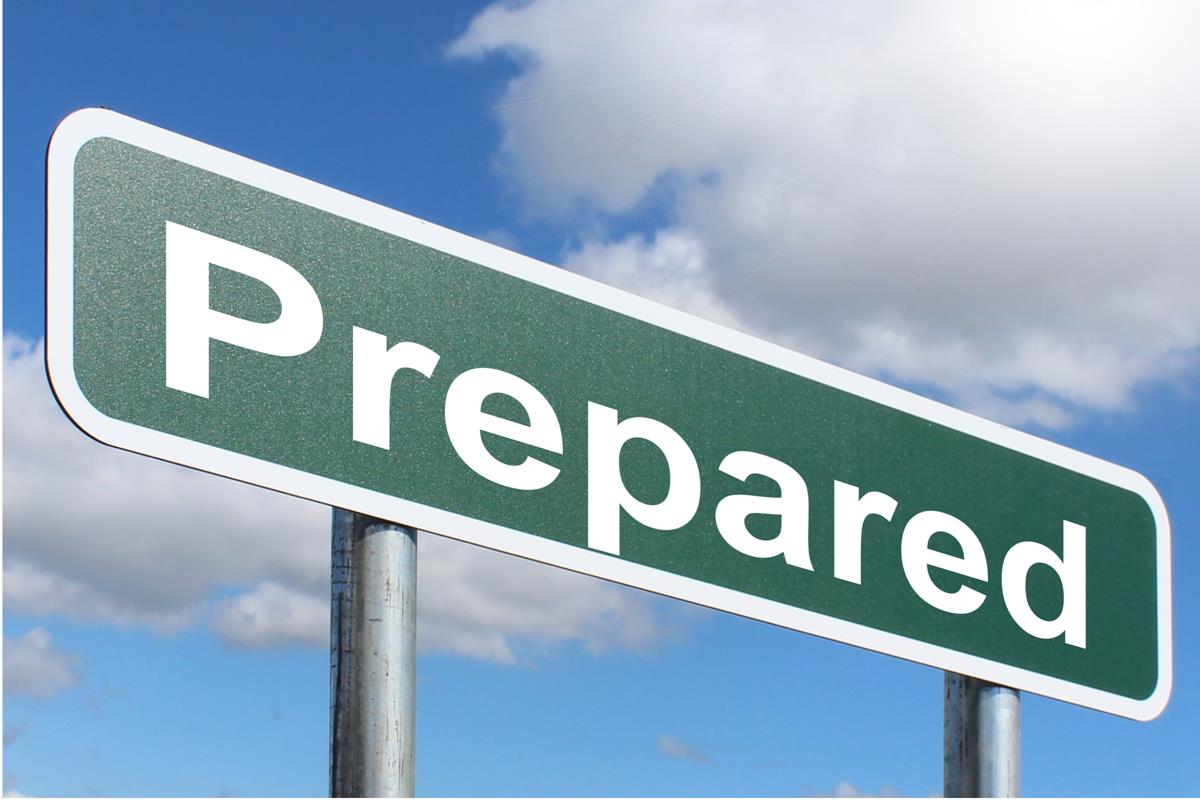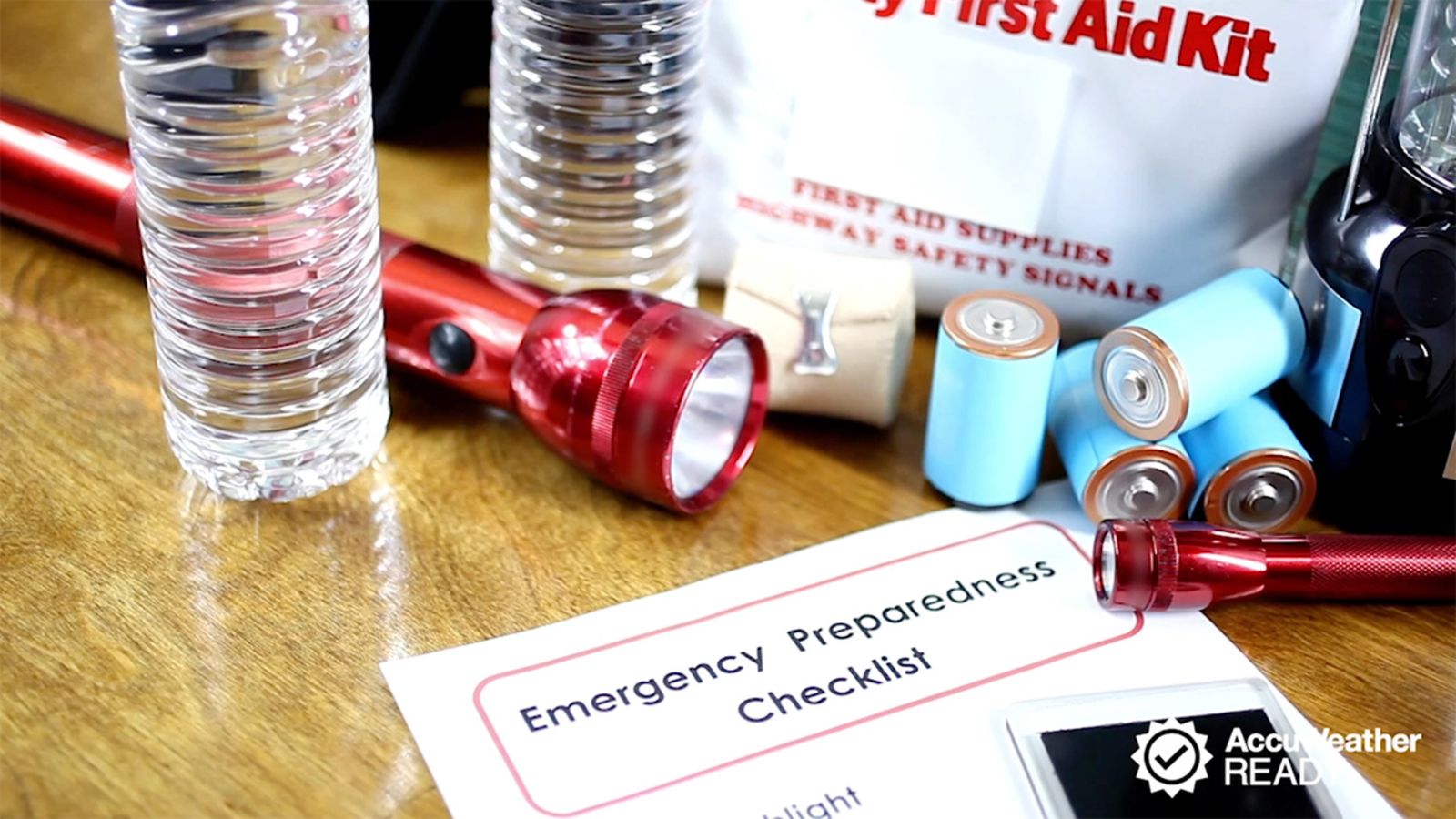The Basics of Self Defense
Self-defense is the practice of protecting oneself from physical harm. It is an essential skill that everyone should have, regardless of age, size, or gender. Self-defense encompasses a variety of techniques and strategies, from physical to psychological, to help you stay safe in potentially dangerous situations.
When it comes to physical self-defense, the most common techniques are striking, blocking, and grappling. Striking techniques include punches, kicks, and joint locks to defend against an attacker. Blocking techniques involve using your arms and legs to deflect incoming attacks. Grappling techniques involve using your body to take control of an attacker and restrain them.
In addition to physical techniques, psychological self-defense is also important. This involves using verbal skills to de-escalate a situation and prevent it from becoming physical. This includes assertive communication, setting boundaries, and using body language to show confidence and control.
When it comes to self-defense, it is important to remember that prevention is key. Taking steps to stay safe in potentially dangerous situations can help you avoid having to use physical or psychological self-defense. This includes being aware of your surroundings, traveling in groups, avoiding dark and isolated areas, and staying away from people who make you feel uncomfortable.
It is also important to know the laws in your area and the potential consequences of using self-defense. In some cases, self-defense can be used as a legal defense against criminal charges. However, it is important to understand the legal implications of using self-defense before taking any action.
Finally, it is important to practice self-defense regularly. This can include taking classes or training with a partner. Practicing self-defense techniques can help you become more confident and prepared in case of an attack.
Self-defense is an essential skill that everyone should have. Knowing the basics of self-defense can help you stay safe in potentially dangerous situations. Taking steps to prevent an attack, understanding the legal implications of using self-defense, and practicing self-defense techniques regularly can help you stay safe and confident.











